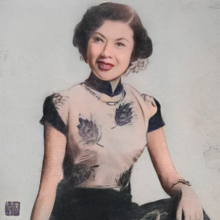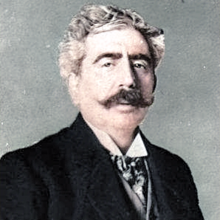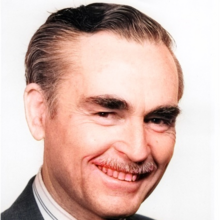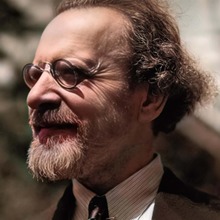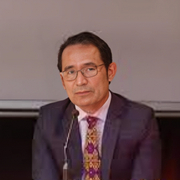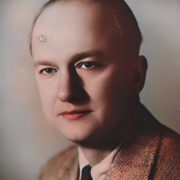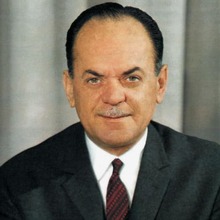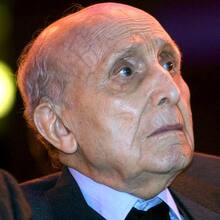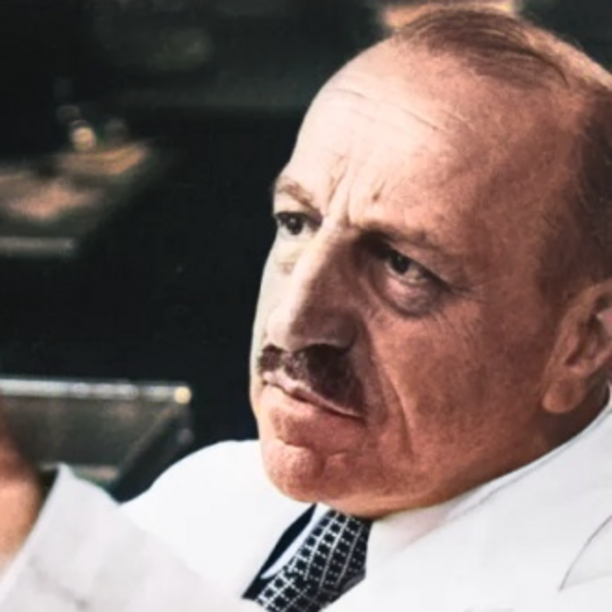
Personal
Other names:
Job / Known for:
Medical Innovator
Left traces:
Pap smear
Born
Date:
1883-05-13
Location:
GR
Kymi, Euboea, Greece
Died
Date:
1962-02-19 (aged 79)
Resting place:
US
Death Cause:
Cancer
Family
Spouse:
Andromache Mavroyenis
Children:
Andromache, Maria
Parent(s):
Maria and Constantine
QR Code:
 My QR code:
Georgios Papanikolaou
https://DearGone.com/11385
My QR code:
Georgios Papanikolaou
https://DearGone.com/11385
Key Ownner:
Not yet supported by key owner
Show More
Rank
Users ranking to :
Thanks, you rate star
Ranking
5.0
1
Fullname
Georgios Papanikolaou
Fullname NoEnglish
Γεώργιος Παπανικολάου
Slogan
The Pap smear: A Life-Saving Test
About me / Bio:
Show More
Article for Georgios Papanikolaou
Died profile like Georgios Papanikolaou
Comments:


